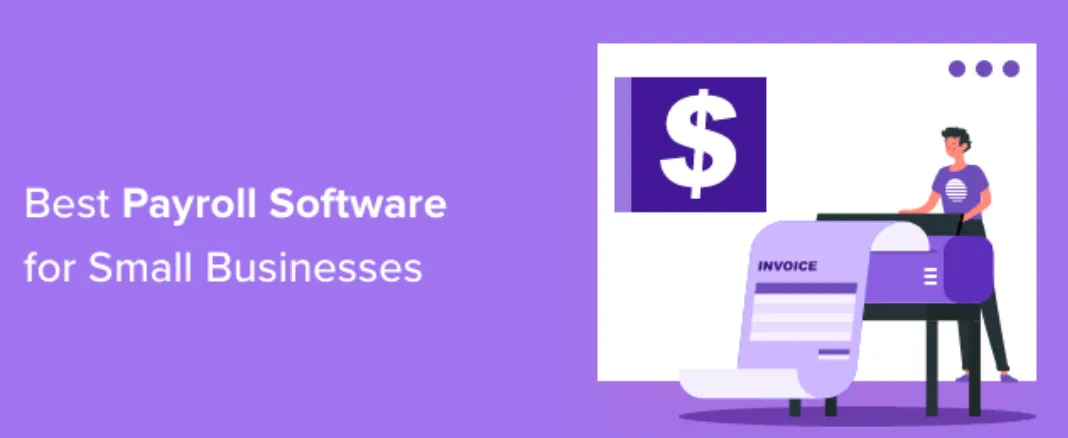
In today's competitive landscape, small businesses must prioritize efficient financial management. The right accounting software can significantly ease this process, enabling business owners to focus on growth.
1. Identify Your Business Needs
Before selecting accounting software, assess your specific business needs. Consider factors such as the size of your business, the complexity of your financial transactions, and the features that will be most beneficial, like invoicing, payroll, and expense tracking.
2. Research Available Options
There are many accounting software options available tailored for small businesses. Some popular choices include:
- QuickBooks: Renowned for its user-friendly interface and comprehensive features.
- Xero: Cloud-based software known for its integration capabilities.
- FreshBooks: Ideal for service-based businesses with strong invoicing features.
- Wave: A free option suitable for freelancers and small businesses.
3. Evaluate Features and Functionality
When evaluating software options, consider the following essential features:
- Invoicing capabilities
- Expense tracking
- Payroll management
- Tax preparation support
- Reporting and analytics tools
4. Consider Pricing and Budget
Pricing structures vary widely among accounting software. Some charge monthly fees, while others offer one-time purchases. It’s important to align the software cost with your budget. Here’s a quick comparison of typical pricing:
| Software | Pricing Model | Starting Price |
|---|---|---|
| QuickBooks | Monthly Subscription | $25 |
| Xero | Monthly Subscription | $12 |
| FreshBooks | Monthly Subscription | $15 |
| Wave | Free with Paid Add-ons | $0 |
5. Test Software with Free Trials
Many accounting software providers offer free trials. Take advantage of these to explore features, user interfaces, and overall functionality. Ensure that the software aligns with your workflow before making a commitment.
6. Assess Customer Support
Reliable customer support is crucial, especially when facing technical issues. Investigate the support options available, such as live chat, phone support, and online resources. Reading reviews can provide insight into customer experiences with support teams.
7. Look for Integration Capabilities
Consider how well the accounting software integrates with other tools you use, such as CRM systems, payment processors, and e-commerce platforms. Effective integration can enhance efficiency and streamline your business operations.
Conclusion
Selecting the right accounting software is a vital step for small businesses in 2025. By identifying your needs, researching options, and evaluating features, you can make a choice that will contribute to your business's success.







